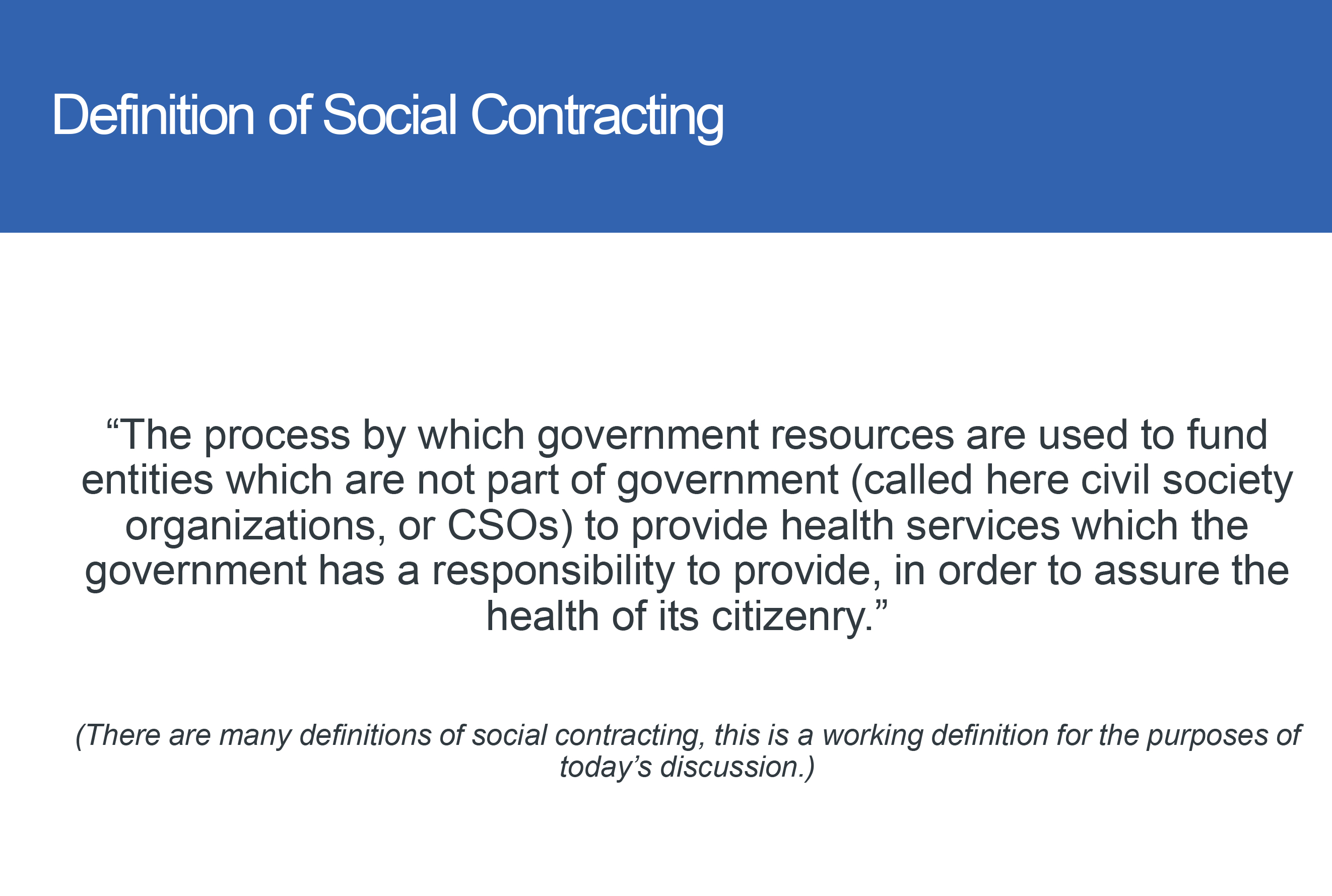Countries in the Eastern Europe and Central Asia (EECA) region have made significant progress in setting the foundation for effective social contracting mechanisms. All of the countries have legal structures that allow them to contract NGOs for the provision of various HIV-related activities as well as provide care and support to PLHIV. However, some challenges remain, ranging from legal obstacles, complex bidding processes as well as lack of technical capacity (by NGOs) to participate in the bidding processes.
UNDP prepared the Policy Brief: Social Return on Investment for HIV services to explore this issue.
As the case studies featured in this brief have shown, activities that are conducted under the auspices of social contracting result in significant returns on investment: for each USD invested, there is a return in social investment of between 2 to 3 USD. These social returns include, inter alia, improved quality of life among PLHIV, numerous averted infections among key population groups, through counselling and distribution of needles and condoms, ultimately resulting in improved self-esteem and better quality of life among the key populations.
To access this document, please follow this link>>>.



